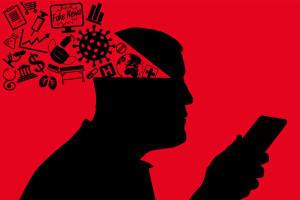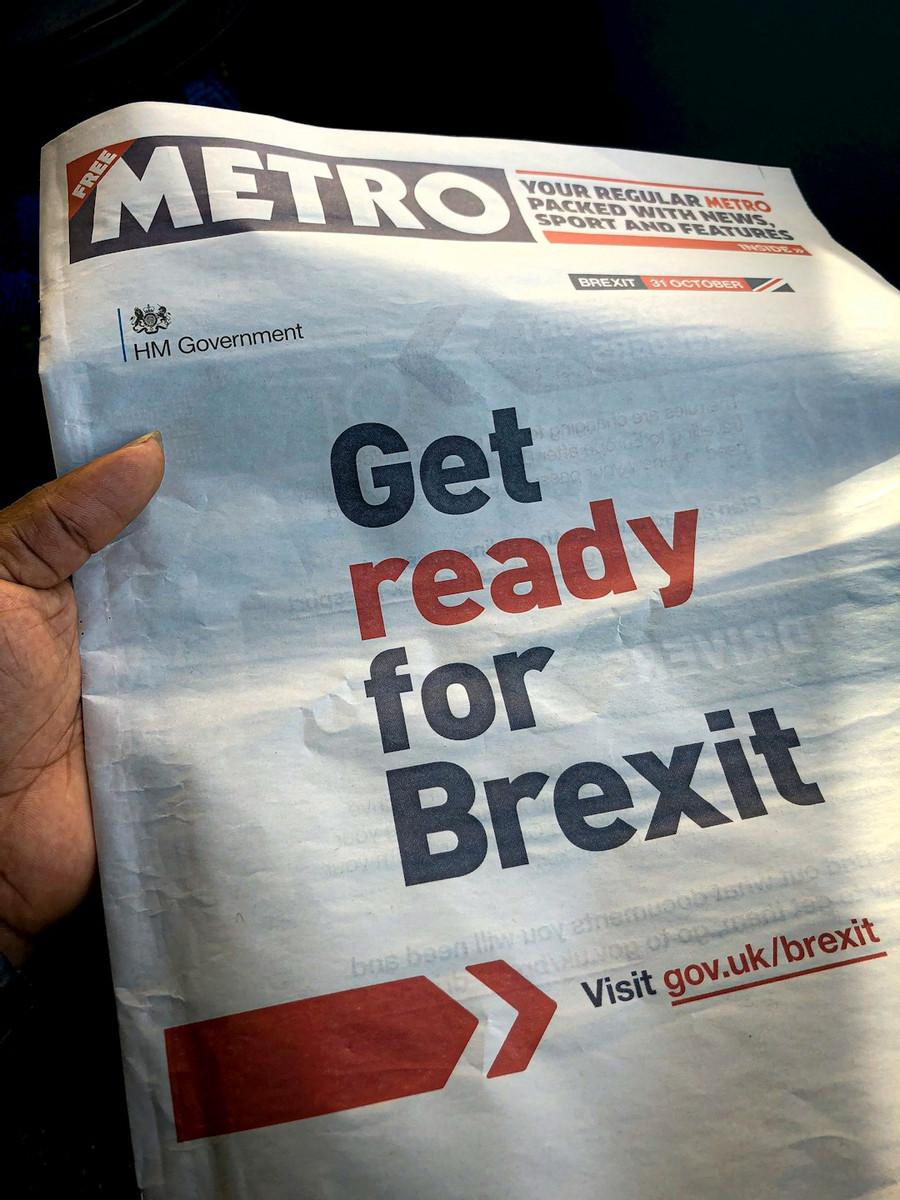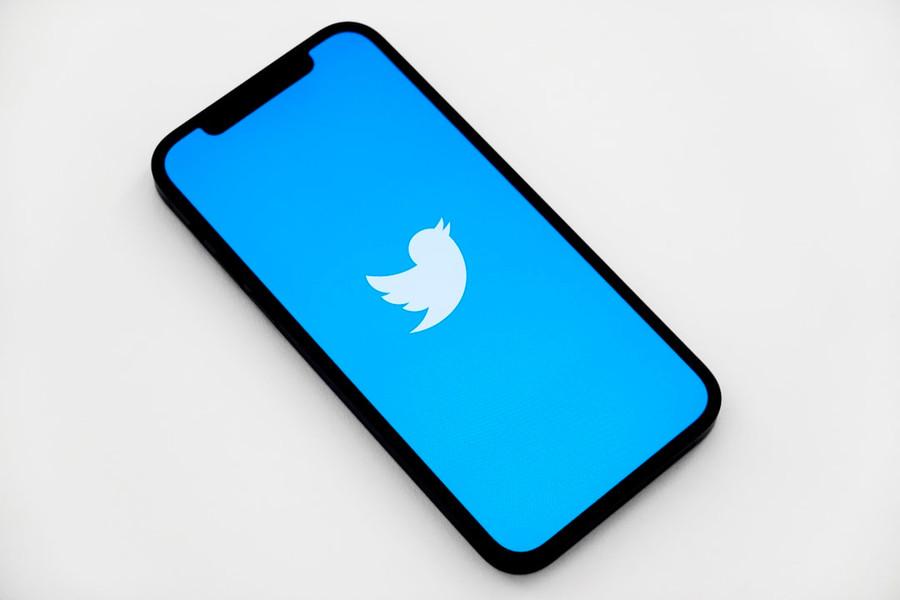Explore the World's Best Ideas
Join today and uncover 100+ curated journeys from 50+ topics. Unlock access to our mobile app with extensive features.
Popular Beliefs Seem True
As social creatures, we humans care what others think and are influenced by the number of likes, hearts, and retweets on social media posts. The downside? An attraction to popular beliefs—whether they’re true or false—can speed up the spread of conspiracy theories, suggests new UC Berkeley research.
8
79 reads
How Fake News Spreads
- An extensive study shows that people are more likely to adopt pseudoscientific and misinformed beliefs when they believe them to be more popular.
- These results have important implications for how highlighting social information with ‘likes’ is more likely to spread fake news.
- Study participants were more likely to agree or disagree with a statement after seeing evidence that the belief was more popular than they had expected it to be.
- Some who were on the fence about a controversial issue changed their minds based solely on the number of endorsements the statement received.
8
60 reads
Fake News Has Greater Travel Speed
Fake news tends to travel, by some estimates, six times faster than fact-based news on Twitter and other social media platforms.
That’s because the algorithms social media platforms use to promote whatever is most engaging or attention-grabbing are often at odds with what is actually true in the world, especially if one is prone to burrow into echo chambers where everyone agrees with you.
8
49 reads
How To Curb The Spread Of Fake News
The responsibility to curb the spread of misinformation falls mostly on social media platforms. One remedy would be to remove social engagement metrics such as likes, hearts, and retweets from posts that have been identified as misleading.
On an individual level, diversifying the media diet can help. Doing that will give a more representative sense of what kinds of beliefs are out there and get users more attuned to motivations, nefarious or otherwise, behind the information that’s being shared.
8
52 reads
IDEAS CURATED BY
CURATOR'S NOTE
If it is so popular it must be true.
“
Melissa Martinez's ideas are part of this journey:
Learn more about psychology with this collection
How to manage digital distractions
The impact of technology on mental health
The importance of setting boundaries
Related collections
Similar ideas
2 ideas
The Upside to Admitting You Were Wrong Online
greatergood.berkeley.edu
4 ideas
Embracing the Uncertainties
nytimes.com
4 ideas
Digital Literacy Doesn’t Stop the Spread of Misinformation
scientificamerican.com
Read & Learn
20x Faster
without
deepstash
with
deepstash
with
deepstash
Personalized microlearning
—
100+ Learning Journeys
—
Access to 200,000+ ideas
—
Access to the mobile app
—
Unlimited idea saving
—
—
Unlimited history
—
—
Unlimited listening to ideas
—
—
Downloading & offline access
—
—
Supercharge your mind with one idea per day
Enter your email and spend 1 minute every day to learn something new.
I agree to receive email updates




